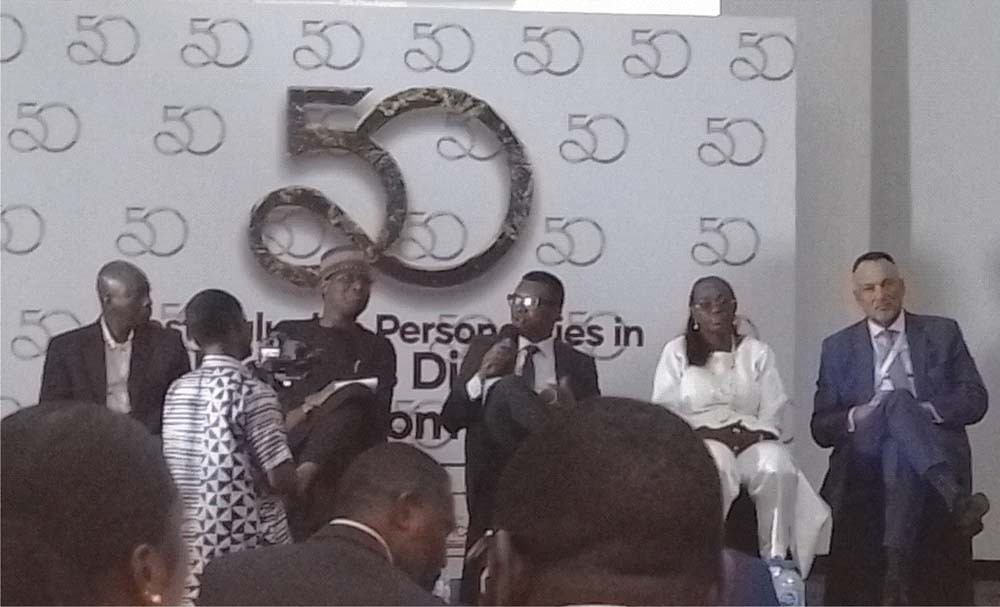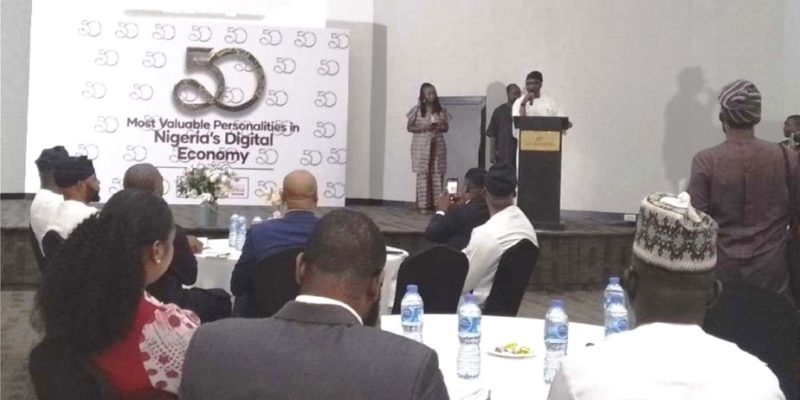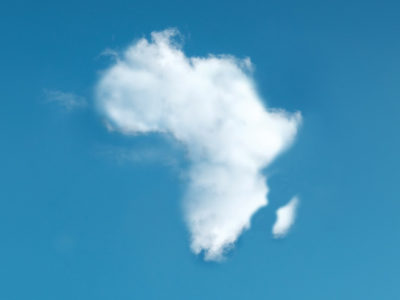By Engr. Gbolahan M.A. Alabi-Isama MS., Founder/CEO at Supercomafrica
The digital age is awash with data. Every click, swipe, and search term we generate creates a breadcrumb trail, meticulously collected for all sorts of purposes. This data frenzy fuels innovation, but are we prioritizing progress over privacy?
RELATED: 50 Most Valuable Personalities: NITDA, NCC, NDPC spearhead regulatory presence at Lagos event on Nigeria’s digital economy
Key Theme
- Empower the public: Increase public awareness and understanding of personal data protection.
- Hold businesses accountable: Highlight the obligations of data controllers and processors regarding user data.
- Establish a legal framework: Promote adherence to the principles and lawful basis outlined in the Nigeria Data Protection Act, 2023.
This very concern was a central theme at the recent “50 Most Valuable Personalities in Nigeria’s Digital Economy” event in Lagos. Dr. Vincent Olatunji, the National Commissioner/CEO of Nigeria’s Data Protection Commission (NDPC), sounded the alarm with the prelaunch of the National Privacy Awareness Campaign. This initiative underscores the urgent need to promote public awareness and understanding of personal data protection while highlighting the obligations of data controllers and processors.
The recently enacted Nigeria Data Protection Act, 2023 provides the legal framework for this critical mission. However, enforcement remains a challenge. Many Nigerians lack awareness of their data rights, and businesses often prioritize collecting data over safeguarding it.
Let’s face it, Nigeria’s cybersecurity hygiene is troubling. A reactive approach prevails, with businesses waiting for a major data breach before scrambling to implement cybersecurity measures.
The rise of Business Email Compromise (BEC) scams and cybercrime perpetrated by “yahoo yahoo boys” further underscores the urgency for businesses to prioritize cybersecurity. Stakeholders at the event, like Engr. Gbolahan Alabi-Isama, CEO of Supercomafrica, emphasised the critical need for businesses to prioritize cybersecurity.
His proposed solution? Tax breaks for businesses that implement robust cybersecurity measures. This initiative, he argues, would not only protect user privacy and data but also bridge the digital literacy gap in Nigeria. After all, technology is a new frontier for many Africans, and such an incentive could significantly improve overall cybersecurity hygiene.
Another point of contention was the recent internet outage caused by subsea cable cuts. Stakeholders pointed out that Nigeria has underutilized subsea cable capacity. With seven functional subsea cable landing points, it’s perplexing that Nigerian banks, who bore the brunt of the outage, lacked redundancy protocols.

FR: Dr. Tunde Coker, Oyesola Awodiya, Moderator, Don Pedro, Engr. Gbenga Adebayo, Engr. Dr. Patrick Ede
Engr. Nmamani, a conference speaker, further debunked five common myths surrounding Nigeria’s digital economy. These myths included assumptions of excess subsea cable capacity, strong local cloud infrastructure, and telecom dominance in driving the digital economy. Notably, Engr. Nmamani highlighted that none of the top ten cloud service providers have critical infrastructure within Nigeria, emphasizing the need for local investment in this crucial sector.
The Path Forward: Balancing Innovation with Data Protection
The “50 Most Valuable Personalities” conference served as a springboard for critical conversations. As Nigeria harnesses the power of data to fuel its digital transformation, a multi-pronged approach is essential:
- Prioritize Data Privacy: Public awareness campaigns and robust legal frameworks like the NDPC Act are crucial safeguards.
- Invest in Cybersecurity: Government incentives and industry-wide adoption of best practices are essential for building a secure digital ecosystem.
- Optimize Subsea Cable Infrastructure: Utilizing existing capacity and fostering local investment in cloud services will ensure network resilience and reduce vulnerabilities.
By addressing these critical areas, Nigeria can unlock the full potential of its digital economy while ensuring responsible data collection and robust data protection for its citizens.
Here’s a deeper dive into those subsea cable landing points in Nigeria:
- MainOne Cable Landing Station (Lekki, Lagos): Provides high-bandwidth connectivity to West Africa and Europe.
- Glo 1 submarine cable (Lagos): Connects Nigeria to the United Kingdom with extensions to West Africa and Europe.
- South Atlantic Telecommunications System (SATS) (Lagos): Offers connectivity to South America and Europe.
- Nigeria-Europe International Submarine System (NEISS) (Lagos): Connects Nigeria to Europe and other West African countries.
- Atlantic Cable Express (ACE) (Lagos): High-capacity submarine cable system linking Europe and West Africa.
- WAT submarine cable system (Lagos): Provides high-speed internet connectivity to West Africa and Europe.
- IHS Towers Offshore Cable (Lagos): Connects Lagos to Escravos, Nigeria, with potential extensions to other African countries.
Understanding the subsea cable landscape is crucial for ensuring redundancy and robust Internet connectivity in Nigeria.
The digital revolution presents a golden opportunity for Nigeria, but neglecting data privacy could be its Achilles’ heel. Let’s harness the power of data responsibly, prioritizing security and empowering citizens to understand and protect their digital rights.





























